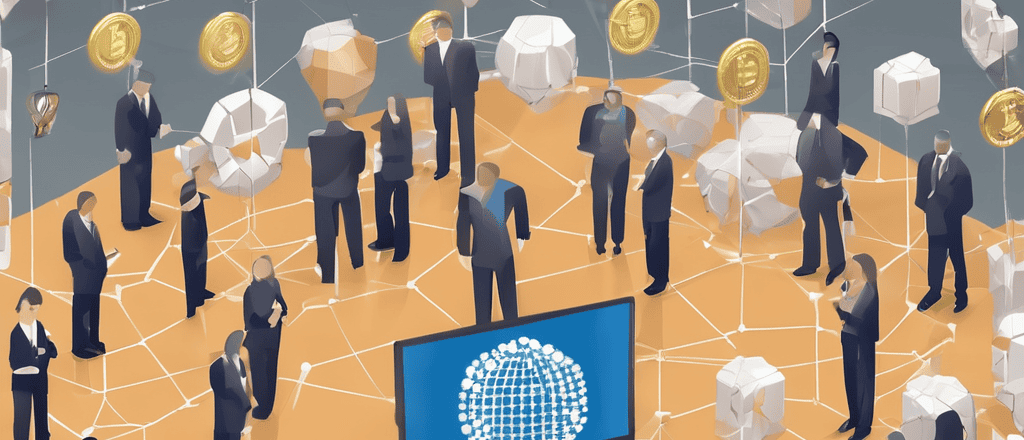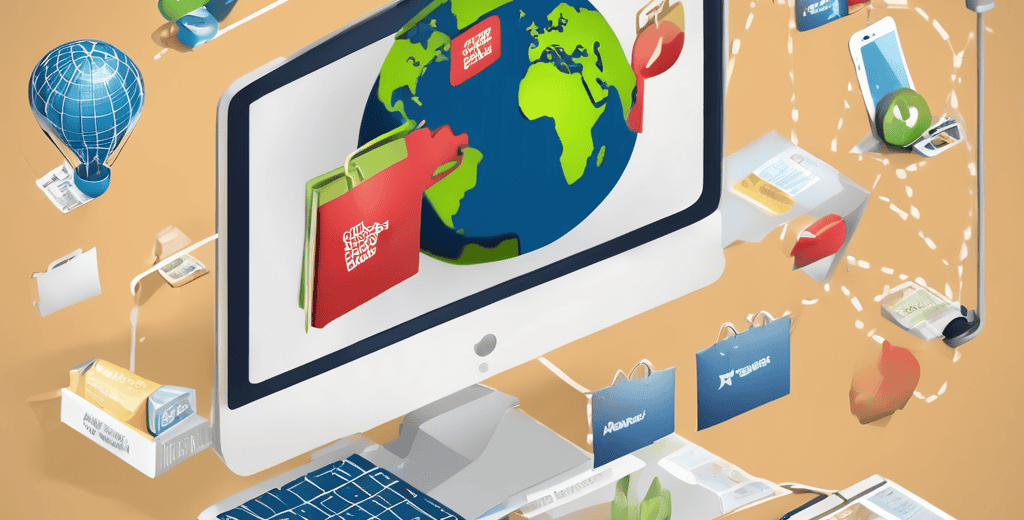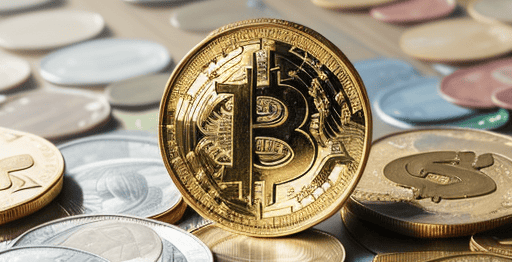Innovations in international payment systems are driving significant advancements in global commerce, offering businesses and consumers unparalleled speed, security, and efficiency in cross-border transactions. By embracing these innovations, businesses can capitalize on new market opportunities, improve operational performance, and foster financial inclusion on a global scale.
In the rapidly evolving landscape of global commerce, innovations in international payment systems are reshaping the way businesses and consumers conduct transactions across borders. From blockchain technology to real-time payment networks, these advancements offer unprecedented speed, security, and efficiency in cross-border payments. In this article, we'll explore the latest trends in international payment systems and their implications for businesses and individuals worldwide.
Trends in International Payment Systems
- Blockchain Technology: Blockchain technology has emerged as a game-changer in international payments, offering decentralized, secure, and transparent transactions. By eliminating intermediaries and providing immutable records, blockchain reduces costs and enhances trust in cross-border transactions.
- Real-Time Payment Networks: Real-time payment networks like SWIFT gpi and RippleNet enable instantaneous settlement of cross-border transactions, revolutionizing the speed and efficiency of global payments. With real-time tracking and transparency, these networks streamline international transactions for businesses and consumers.
- Digital Wallets and Mobile Payments: Digital wallets and mobile payment platforms such as PayPal, Alipay, and Apple Pay are gaining popularity for their convenience and accessibility. These platforms allow users to store multiple currencies and make seamless international payments, driving financial inclusion and expanding global market access.
Implications for Businesses and Consumers
- Enhanced Efficiency: Innovations in international payment systems offer businesses and consumers greater efficiency, reducing transaction times and lowering costs associated with cross-border transactions. This increased efficiency translates into improved cash flow and operational agility for businesses operating in global markets.
- Expanded Market Access: With the rise of digital wallets and real-time payment networks, businesses can access new markets and serve customers in remote regions previously underserved by traditional banking infrastructure. This expanded market access fosters economic growth and promotes financial inclusion on a global scale.
- Heightened Security: Blockchain technology and real-time payment networks enhance security and mitigate fraud risks associated with international transactions. By leveraging cryptographic protocols and secure authentication methods, these innovations provide businesses and consumers with peace of mind and confidence in the integrity of their financial transactions.
#InternationalPayments #BlockchainTechnology #DigitalWallets #RealTimePayments #GlobalCommerce #FinancialInclusion #BusinessInnovation #CrossBorderTransactions #FinancialTechnology #GlobalEconomy
Read more views















































































